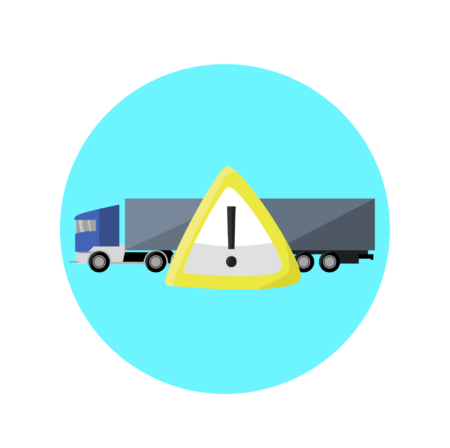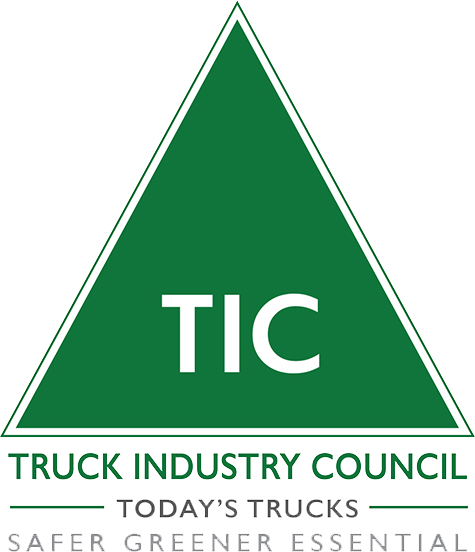Technical Group 1: Vehicle Safety Requirements

Purpose
This Technical Group for Safer Vehicles is established to develop supporting standards, policies and tools for CLOCS-A in relation to setting minimum safety standards and features required in construction and transport vehicles supporting construction projects to reduce harm .

Background
CLOCS-A aims to contribute to and strengthen the elements of the road transport system through best practice strategies proven to reduce road trauma and improve public safety around construction heavy vehicle movements, particularly with interactions between vulnerable road users. Further, it aims to streamline construction project standards by establishing a nationally consistent framework that can be referred to by industry.
The development of CLOCS-A will occur in three phases:
Establishment
Refinement / Implementation
Long Term Sustainability
Principles
- Tools and guidance need to be approachable and scalable depending upon the size of the project.
- What is developed can be applied across the entire industry – one standard.
- Where possible, build on what already exists and is being used and then look to adapt.
- Contributions and background Intellectual Property are all acknowledged and once agreed is identified as CLOCS-A.
- The Technical Group (Safer Vehicle) is a component within the CLOCS-A eco-system and where appropriate ensure outputs align with other Technical Groups.
- Evidence based approach for proposed standards and safety features.
- Meetings will be held virtually and as required.
- In the unlikely event the Technical Working Group disagree in a recommendation are referred to the Steering Group to resolve.
- Reflect the original purpose of CLOCS-A which is community safety.
Technical Group Partners
Roles and Responsibilities
Partners of the Technical Group will have the following roles and responsibilities:
Share information.
Help advise and guide the development of tools, standards and guides.
To act as a reference group for further advice when required.
Report to the co-ordinating group.
Ability to act as trial partners where possible.









